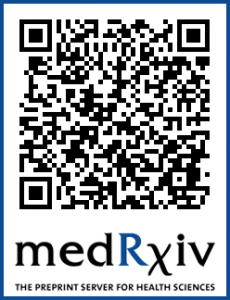Abstract
Hesitancy towards the COVID-19 vaccine remains high among the US population. Now that the vaccine is available to priority populations, it is critical to convince those that are hesitant to take the vaccine. Public health communication about the vaccine as well as misinformation on the vaccine occurs through a variety of different information channels. Some channels of information are more commonly found to spread misinformation. Given the expansive information environment, we sought to characterize the use of different media channels for COVID-19 vaccine information and determine the relationship between information channel and vaccine acceptance. We conducted a convenience sample of vaccine priority groups (N=2,650) between December 13 and 23, 2020 and conducted bivariate chi-squared tests and multivariable multinomial logistic regression analyses to determine the relative impact of channels of information on vaccine acceptance. We found traditional channels of information, especially National TV, National newspapers, and local newspapers increased the relative risk of vaccine acceptance. Individuals who received information from traditional media compared to social media or both traditional and social media were most likely to accept the vaccine. The implications of this study suggest social media channels have a role to play in educating the hesitant to accept the vaccine, while traditional media channels should continue to promote data-driven and informed vaccine content to their viewers.
Posted1/20/2021: Preprint Available — see more and obtain a copy of the preprint by clicking here or scan the barcode below with you smartphone or tablet.


